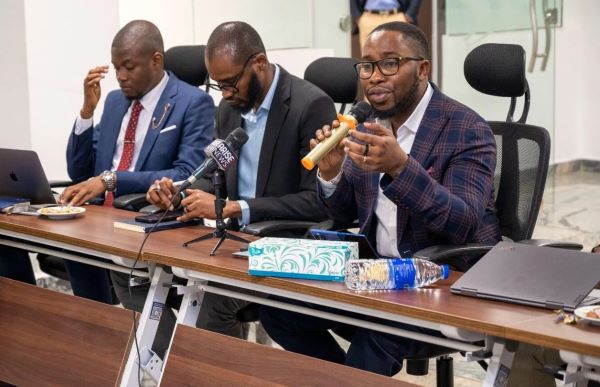Sydani Group, an organization specializing in health system strengthening, agriculture, education, and socio-economic development, has announced that it vaccinated 238,158 individuals between January and June 2025.
The group’s Programme Manager, Dr. Obiamaka Enwezor, disclosed this at a media roundtable in Abuja on Tuesday, noting that the milestone was achieved under its Saving Lives and Livelihoods Project.
She explained that 517 health facilities were activated to deliver integrated services and that more than 3,500 Hajj pilgrims received vaccinations with multiple antigens.
Enwezor also highlighted the group’s investment in capacity-building for the health workforce through the development and validation of a comprehensive suite of Expanded Programme on Immunisation (EPI) training modules. According to her, the modules cover key areas such as logistics, service delivery, demand generation, data management, and financial accountability.
Speaking on the organisation’s research efforts, Dr. Stephen Asaolu, a Research Scholar with Sydani, said the group had led several knowledge projects since its inception.
“Over two years, Sydani supported the design, documentation, and implementation of multiple research initiatives, resulting in the publication of 30 scientific papers in international peer-reviewed journals.
Our research covers diverse areas, including integrating health interventions into neglected tropical disease programmes, predictors of Human Papilloma Virus (HPV) vaccine uptake, and behavioural correlates of HPV infection among adolescents,” he said.
Asaolu further pointed to studies on compliance with quality standards in Nigerian health facilities. He added that Sydani had also conducted evaluations, developed innovative study tools, trained researchers in data analysis and management, and reviewed grants for both local and international organisations.
On agriculture, Mr. Godfrey Petgrave, Agric Division Lead, said the organisation was implementing a digital solutions assessment project across six International Fund for Agricultural Development (IFAD)-supported states.
“The project aims to identify adoption levels and skills gaps in digital solutions among beneficiaries and implementers. Findings will guide the development of a digitalisation strategy manual and capacity-building plan,” he explained.
Reflecting on Sydani’s seven-year journey, Group Managing Partner, Mr. Sidney Sampson, said the organisation was committed to deepening its impact in health, education, agriculture, and technology.
“Our philosophy is simple: we see problems as opportunities to provide solutions. While we have achieved much, this is just the beginning. We want to ensure our work transforms systems and lives,” he said.
Sampson emphasised the need for governments at all levels to prioritise resource allocation, policy implementation, and sustainability of development projects.
“Nigeria has many strong policies, but quality implementation remains a challenge. Beyond funding, accountability and transparency in resource management are crucial to lasting impact,” he noted.
He further urged state and local governments to step up efforts to improve access to quality services alongside the Federal Government.


